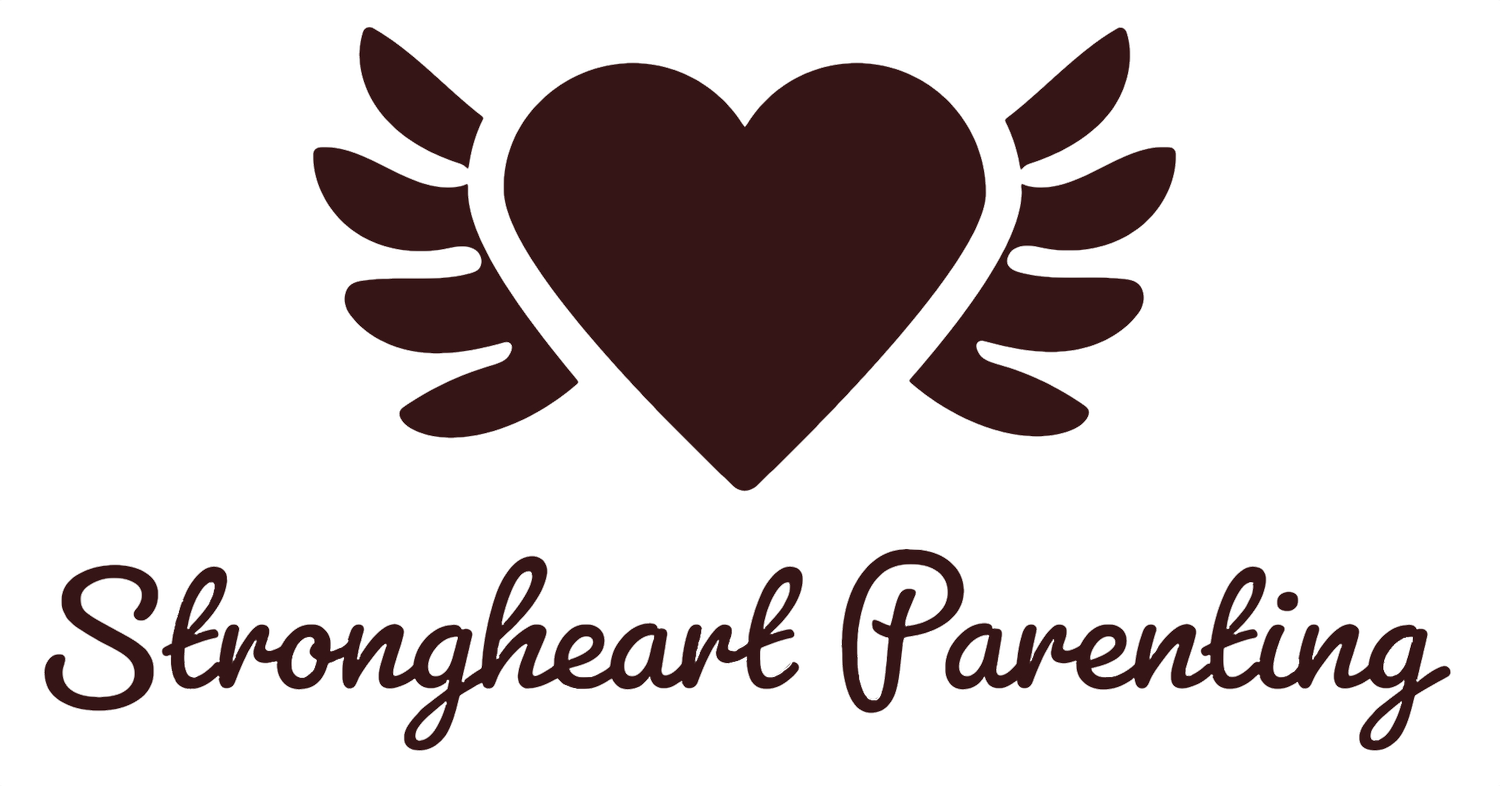What to Do If You Think Your Child Could Have a Mental Health Disorder—Parents Magazine
"Mamas always know," I always say. You may not be sure what you know, or what it's called, but mothers always know when there is something different about their child, something he is struggling with.
If this difference is causing a lot of unrest at your house, I encourage you to create a journal of what the struggles are. What times of day are the hardest? What days are easiest? What is the behavior exactly—as though this were a movie and you were describing it to a blind and deaf person. It won't take you long to find patterns. Then you need to think about whether anything needs to change, and why. A second list. Take them both to a mental health professional. When that person understands the struggles and understands the need for change, you can receive support and advice that can make things feel better—for you and your child. Consider it!
Here is some more information about that gut instinct from Kelly King Heyworth at Parents Mag:
"But while every kid has bad days, the life of a child with a budding mental-health disorder often feels like one long, bumpy ride—for him and for you. “I encourage parents to look out for the two D’s: distress and dysfunction. Is their child unhappy or agitated very often? Is it usually hard for him to get through a normal childhood ritual, like a school morning or a birthday party?” says Dr. Rahil Briggs. A worrisome behavior might not be constant—a child may seem well-adjusted at home but not at school or day care, or vice versa—but it is often chronic. "






